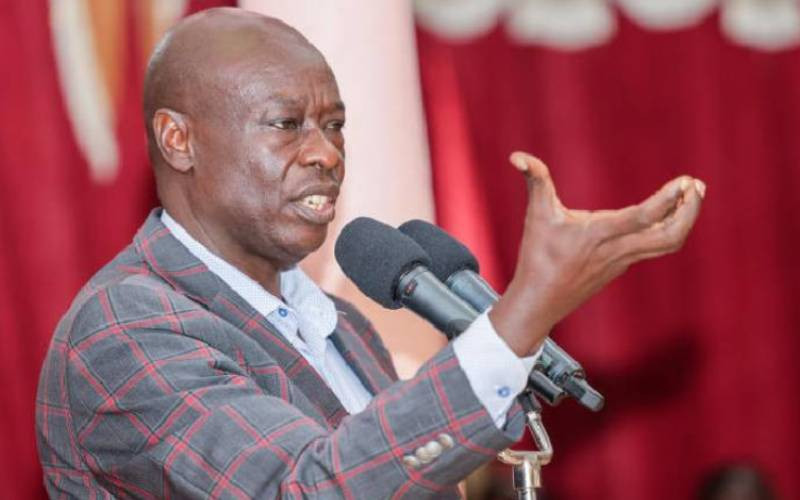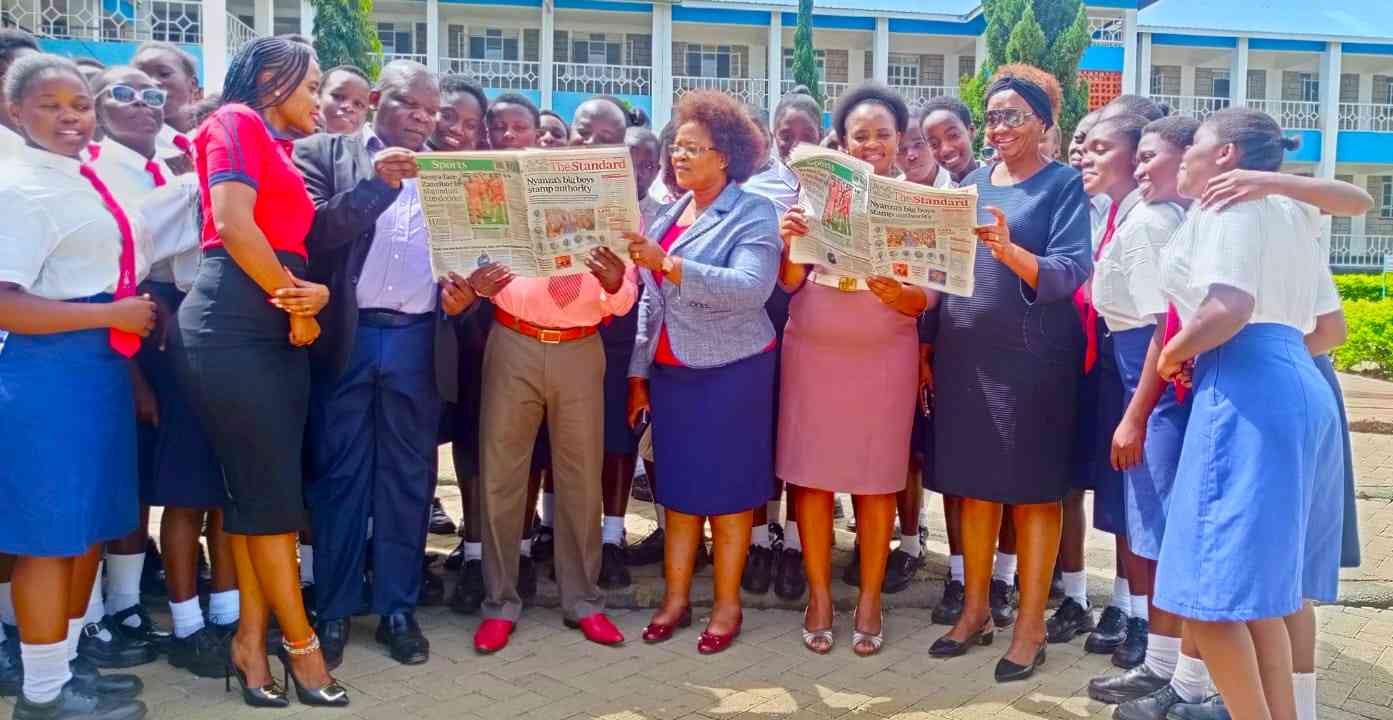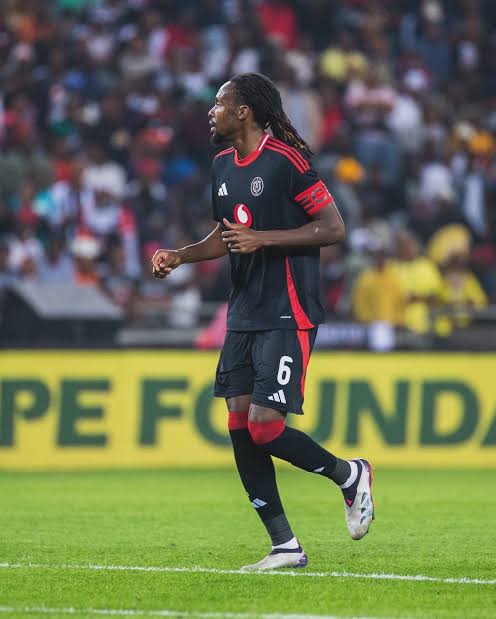Russian President Vladimir Putin and President Cyril Ramaphosa. (Sergei Chirikov/AFP)
Suggestions that South Africa risks international sanctions over its stance towards Russia are reckless, presidential spokesman Vincent Magwenya said on Monday.
“We find this talk of sanctions as being purely alarmist and we find it to be quite undermining to South Africa’s sovereignty,and to the stability of our economy,” he told a routine weekly media briefing.
“There is no evidence whatsoever to point to any emergence of sanctions from any country or even from the United Nations Security Council which is the only authority to institute global sanctions.”
Magwenya said Washington had not voiced a threat of sanctions in direct talks with South Africa.
“We’ve had as a government several bilateral discussions with the US government and there has been no suggestion that the US will consider applying sanctions to South Africa, so it is difficult to respond to a question that says we are afraid of sanctions because we don’t have a line of sight as to exactly where those sanctions would be coming from, what will inform those sanctions and what will be the purpose those sanctions will serve.”
Magwenya reiterated that South Africa has taken a non-aligned position on the war in Ukraine.
“South Africa has not participated in arming any of the parties that are involved in that conflict. On the contrary, South Africa has taken it upon itself to mobilise support, to mobilise engagement that will result in a peaceful resolution to this conflict.”
He said Pretoria has repeatedly called for peace and for negotiations.
“President Ramaphosa has consistently stated that there is no conflict that will end with a winner or a loser, particularly this one.”
Hence, he stressed, the government found speculation regarding sanctions “rather reckless” and harmful to efforts to rebuild the local economy facing “massive strain”.
Opposition parties and analysts have cautioned that South Africa could face an international backlash if it were to flout a warrant for the arrest of Russian President Vladimir Putin issued by the International Criminal Court (ICC), or if it emerged that arms were loaded onto a Russian vessel that docked in Simon’s Town in December.
An inter-ministerial task team has advised the president and cabinet that South Africa can, as a signatory to the Rome Statute, not escape the obligation to arrest Putin if he were to set foot on South African soil to attend the Brics summit in Johannesburg in August.
It recommended that the government waste no time in exploring the possibility of another country hosting the summit as there was no loophole that could allow South Africa to circumvent the warrant.
It has been reported that Pretoria has decided to ask China to consider standing in as host since it is not a member of the ICC.
Magwenya confirmed that Ramaphosa spoke to his Chinese counterpart President Xi Jinping on Friday but would not be drawn on whether this included discussion on relocating the Brics summit.
Nor would he comment on discussions Deputy President Paul Mashatile has reportedly had with the ICC, and whether these may have involved waiving South Africa’s obligations under the Rome Statute to allow Putin to travel to South Africa for eventual peace talks on the Ukraine, as mooted by the minister in the presidency last week.
Magwenya said he had not been briefed in this regard by either Ramaphosa or Mashatile.
“I cannot respond on any hypothetical question,” he said.
“What I can give you as an assurance, which the president has done, is that first and foremost the executive is responsible for the management and the execution of our foreign policy and does so within the prescripts or our constitution and with full adherence to our laws.
“At no point in time will the president and his administration lead a process that will in any form be in violation of our laws.”
He said Ramaphosa’s call to Xi focused on the peace mission of African heads of state to Ukraine.
“You will recall that China has produced a peace plan with respect to the resolution of the conflict in Ukraine. The president is in support of all initiatives that are aimed at a peaceful resolution of that conflict, including the Chinese initiatives.”
They also spoke about the Brics summit, he said, and both confirmed their commitment to its success, he added.
The African peace mission — which includes South Africa, Egypt, Senegal, Zambia, Uganda and the Republic of Congo — was announced by Ramaphosa shortly after an accusation by US ambassador to Pretoria that arms were loaded onto the Lady R triggered a diplomatic storm.
In response, Ramaphosa appointed a panel headed by retired justice Phineas Mojapelo to investigate the ship’s sojourn in Simon’s Town and the veracity of the allegations.
However, the presidency has declined to publish the terms of reference of the inquiry, saying these and its eventual findings will remain classified. He confirmed to the Mail & Guardian that there is no provision for the findings to be disclosed to any parliamentary structure.
Magwenya said on Monday that the panel had begun its work. It has six weeks to complete the probe, though it can ask for an extension, and a further two weeks to finalise the report and submit it to the president.
He invited anybody with “any information that will assist its investigation” to send written submissions to the panel at [email protected]


















Discussion about this post